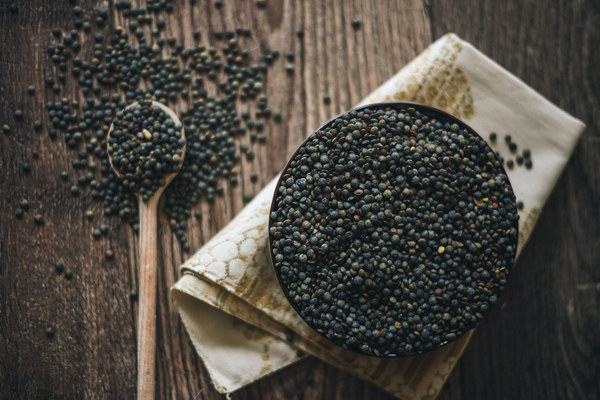Unveiling the Most Effective Strategies for Qi and Lung Nourishment
In the pursuit of optimal health, the focus often tends to be on the physical aspects of our well-being. However, traditional Chinese medicine (TCM) emphasizes the importance of balancing the body's energy, or Qi, which is crucial for overall health, including lung function. Here, we delve into the most effective strategies for Qi and lung nourishment, as advocated by TCM, to help you achieve a harmonious balance within your body.
1. Breathing Exercises
One of the most essential practices for lung nourishment is deep breathing. TCM teaches us that proper breathing can help to strengthen the lungs and improve their function. Here are a few breathing exercises to try:
a. Diaphragmatic Breathing: Lie on your back with your knees bent and feet flat on the floor. Place one hand on your chest and the other on your abdomen. Inhale deeply through your nose, allowing your abdomen to rise while your chest remains still. Exhale slowly through your mouth, contracting your abdominal muscles. Repeat this for 5-10 minutes daily.
b. Alternate Nostril Breathing: Sit in a comfortable position and close your right nostril with your right thumb. Inhale deeply through the left nostril, then close it with your ring finger. Release your right nostril and exhale slowly through it. Repeat, inhaling through the right nostril and exhaling through the left. Continue for 5-10 minutes, focusing on a slow and steady rhythm.
2. Diet and Nutrition
Your diet plays a significant role in nourishing your lungs and Qi. TCM suggests incorporating the following foods into your daily routine:
a. Lung-nourishing Foods: Include foods that are rich in vitamins, minerals, and antioxidants, such as apples, pears, sweet potatoes, and nuts.
b. Herbs and Spices: Herbs like astragalus, codonopsis, and ginseng can help boost your immune system and improve lung function. Spices like ginger, turmeric, and garlic have anti-inflammatory properties and can aid in lung health.
c. Hydration: Drink plenty of fluids, especially water, to keep your respiratory system healthy.
3. Acupuncture and Cupping
Acupuncture and cupping are traditional TCM practices that can help balance Qi and improve lung function. Acupuncture involves inserting fine needles into specific points on the body, while cupping creates suction on the skin to stimulate circulation and relieve tension.
4. Tai Chi and Qigong
Tai Chi and Qigong are gentle, low-impact exercises that focus on breath control, balance, and body awareness. These practices help to harmonize Qi, improve lung capacity, and reduce stress, all of which contribute to overall lung health.

5. Stress Management
Stress can negatively impact your lung function and Qi. Implementing stress-reduction techniques, such as meditation, yoga, or spending time in nature, can help keep your lungs healthy and improve your overall well-being.
In conclusion, nourishing your Qi and lungs is essential for maintaining optimal health. By incorporating these TCM-inspired strategies into your daily routine, you can achieve a balanced and harmonious state within your body. Remember, it's important to consult with a healthcare professional before starting any new exercise or dietary regimen.









